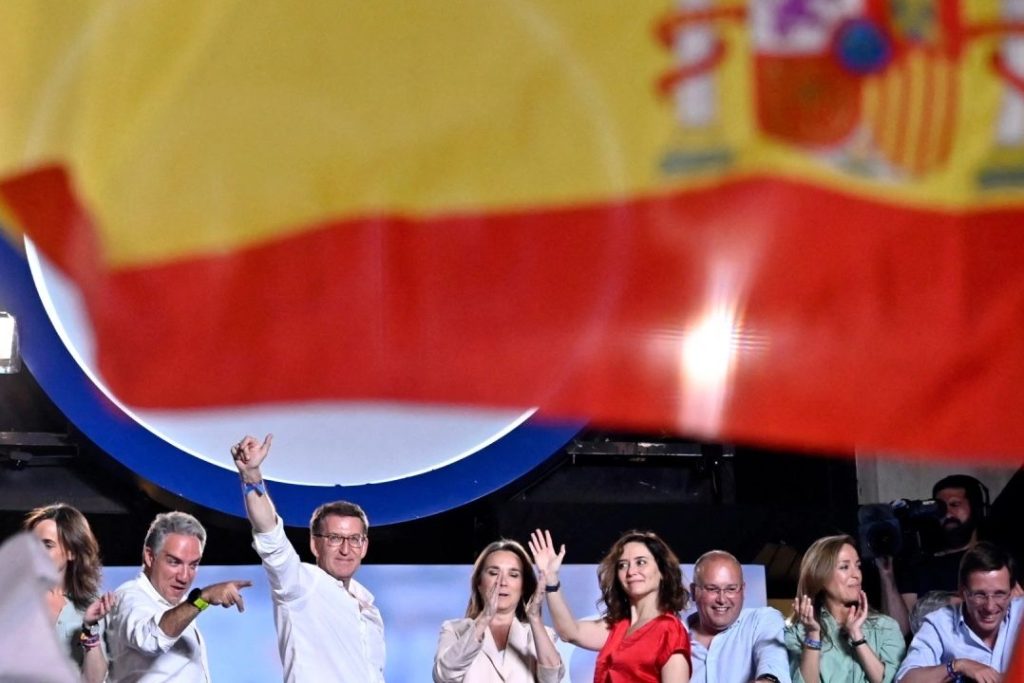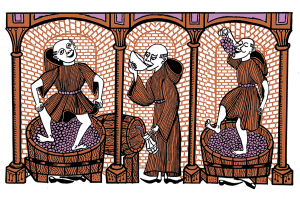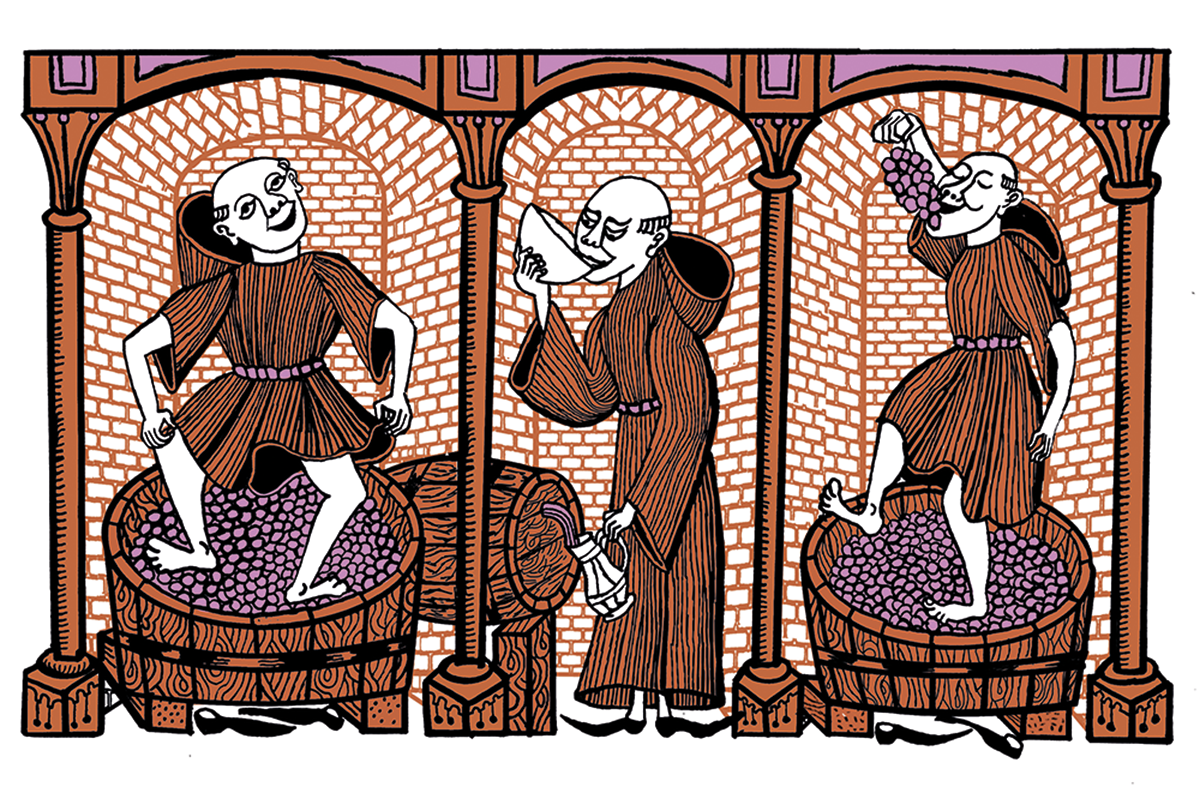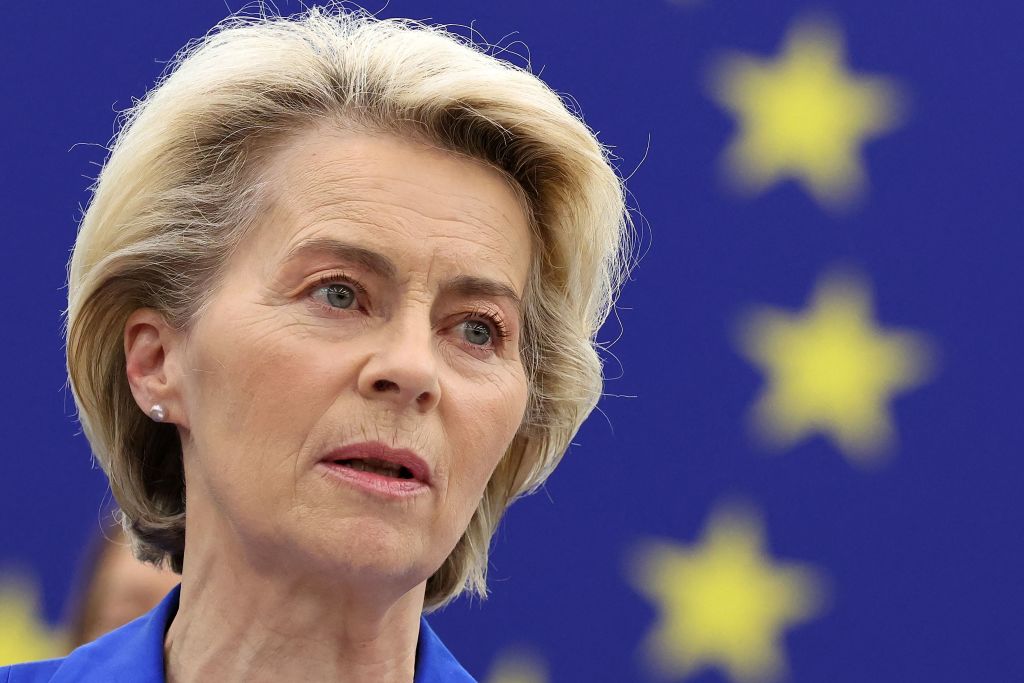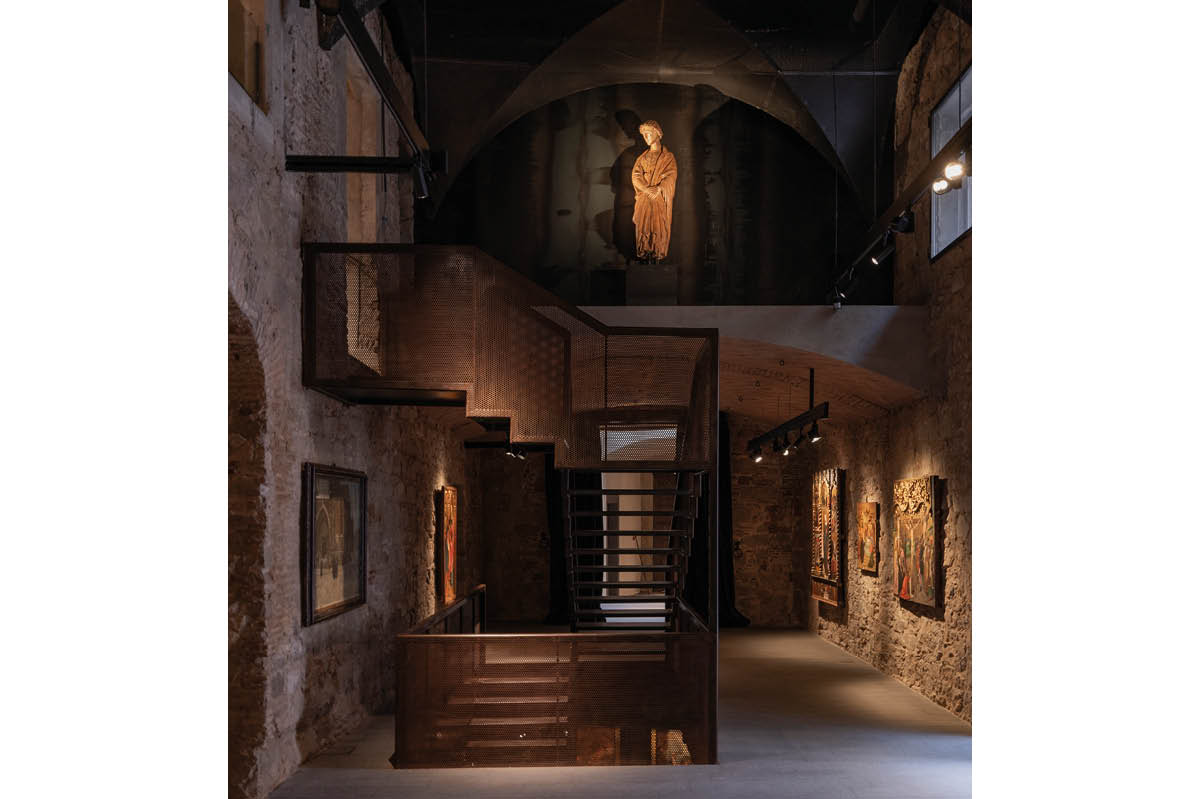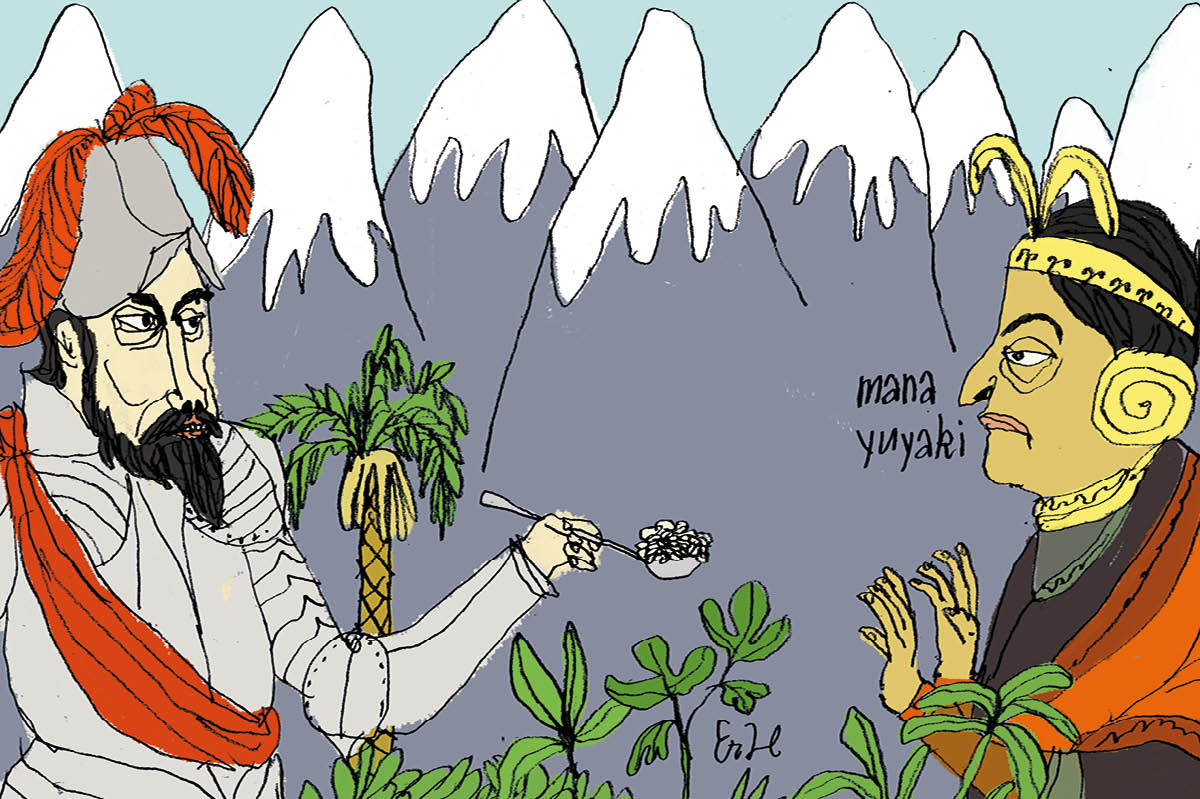Sunday’s general election in Spain was supposed to answer the question: will Spain be governed for the next four years by a right-wing coalition or by a left-wing coalition? If the question was easy to understand, the answer certainly isn’t. Like the four previous general elections, this one was inconclusive — only even more so.
The right-wing Partido Popular won 136 seats and Vox, even further to the right, won thirty-three, giving a Partido Popular/Vox coalition a total of 169 seats — fewer than most polls had predicted. Unfortunately for the just over 11 million Spaniards who voted for these two parties, this leaves them seven seats short: in a 350-seat parliament, 176 is the number needed for a majority.
For the right-wing alliance then this will almost certainly prove to be a hugely frustrating case of “so near but yet so far.” Alberto Núñez Feijóo, the leader of the Partido Popular, has vowed to ask parliament to vote him in as the new prime minister, but it seems that the right-wing bloc will only be able to count on the support of two small regional parties, each with just one seat. Obviously the Basque and Catalan separatist parties won’t help: Vox wants to outlaw separatist parties. And since Vox is routinely (albeit inaccurately) described by the left and much of the media as “far right” and “fascist,” none of the other small parties will risk contamination by association.
It’s also going to be extremely difficult for the left to take office. The left-wing PSOE, led by Prime Minister Pedro Sánchez, won 122 seats on Sunday and the even-more-left-wing Sumar won 31. That combined total of just 153 seats (representing just under 11 million votes) has left them well short of the 176 needed to form a stable coalition government.
After the previous general election in 2019 the left-wing coalition totaled 155 seats. Pedro Sánchez, the leader of PSOE was eventually elected prime minister when he managed to persuade two separatist parties — one Basque and one Catalan — to abstain. It didn’t matter on that occasion that a third separatist party, the radical Junts per Catalunya, voted against him. This time, however, with the arithmetic even tighter, Sánchez also needs Junts, which won seven seats on Sunday, to abstain. Sánchez’s problem is that in return the Catalan party is likely to demand a legally binding referendum on independence — something that he will never countenance.
Meanwhile many Spaniards will feel that it is deeply humiliating to have their country’s destiny in the hands of the hard-line Catalan separatists who unilaterally and illegally declared independence in 2017. Indeed, as soon as Sánchez sits down to negotiate with the separatists, the right-wing bloc, embittered at having come so tantalizingly close to power, will accuse him of betraying Spain.
It’s difficult then to see a way forward for either the right or the left. Perhaps the most likely outcome is that after weeks of haggling and squabbling, negotiations will collapse amid mutual recriminations. Another general election will then be called. If that happens, it will be the sixth in eight years and no one will be surprised when it produces yet another inconclusive and bitterly disputed result.
A period of prolonged political uncertainty and mudslinging is the last thing Spain, which has just assumed the six-month presidency of the Council of the European Union, needs at the moment. Unemployment is close to 13 percent and public debt stands at well over 100 percent of GDP.
The prospect of this political paralysis encourages many to propose a grand coalition between Sánchez’s PSOE, the main left-wing party, and Feijóo’s Partido Popular, the main right-wing party. Between them on Sunday Spain’s two big parties won 258 seats (representing nearly two thirds of those who voted). There is a precedent of sorts. In similar circumstances after the 2016 election PSOE abstained, allowing the Partido Popular to govern. But that was against the wishes of both Sánchez and the party rank and file, and nothing similar is likely to happen this time: relations between the two parties have since deteriorated drastically.
The problem is that the four previous inconclusive elections held between 2015 and 2019 have forged what William Chislett of the Elcano Royal Institute, an international affairs think tank in Madrid, has described as “a brutally abrasive political culture.” Over the last few years politicians of both the left and right have fallen into the habit of trading vicious, carefully-crafted insults with frequent references to the Civil War (1936-39). Political debate has often degenerated into little more than a vitriolic slanging match. While Spanish society remains remarkably tolerant, Spain’s politicians seem to have lost the talent for the pragmatism and constructive dialogue that made possible the peaceful transition from dictatorship to democracy in the late 1970s.
Shortly after the death of the dictator Franco in 1975, the Bill for Political Reform was passed. Designed to pave the way for democracy, it reflected on Spain’s painful history and issued a damning indictment not only of the long dictatorship but also of the brief, ill-fated attempt at democracy that preceded it. In its preamble the Bill declared that it had become clear that “Abstract creations, wishful thinking — however well-intentioned — extreme attitudes.. [and] dogmatic sectarianism not only do not lead to democracy, they destroy it.”
As the country now enters another period of profound political uncertainty, those words should, but almost certainly won’t, guide the current generation of Spanish politicians.
This article was originally published on The Spectator’s UK website.



